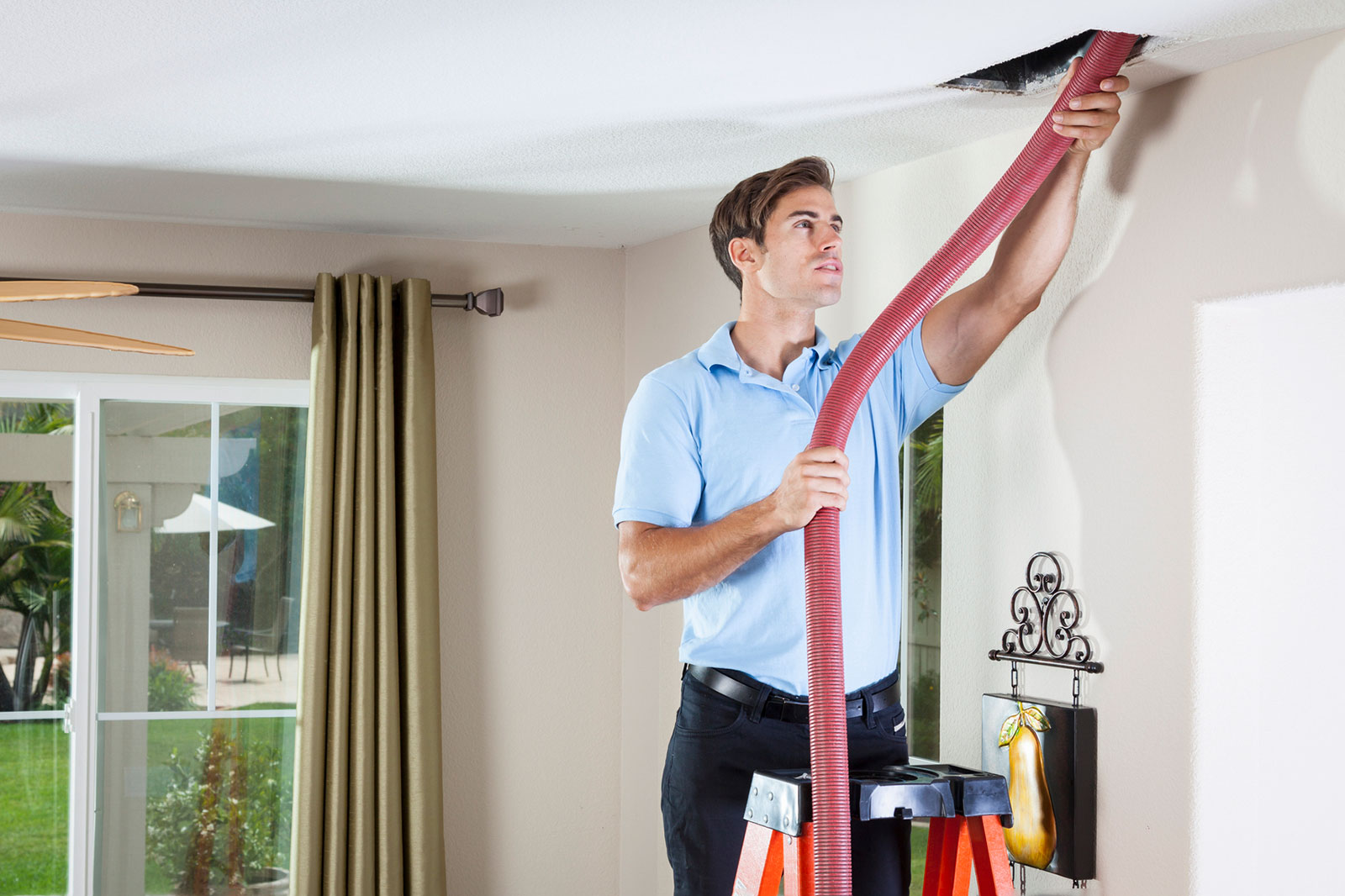Introduction to Split System HVAC
If you’ve ever wondered how does a split system HVAC work, you’re in the right place! This technology, beloved by homeowners and business owners alike, offers a terrific way to manage indoor climate effectively. Before we delve deeper, let’s understand its basic components.

Basic Components of a Split System HVAC
Indoor Unit: Main Function and Setup
The indoor unit is crucial for air circulation, containing the evaporator coil and the air filter. It’s placed inside the building and is responsible for cooling down and dehumidifying the air.
Outdoor Unit: Main Function and Setup
The outdoor unit contains the compressor and condenser coil, which help dissipate heat outside. It’s usually installed on the ground or on a rooftop.
How Does the Refrigerant Work in a Split System HVAC?
The refrigerant flows between the indoor and outdoor units, transferring heat from inside your home to the outside environment. It’s essential for the cooling process, continuously cycling between gas and liquid states.
The Role of Fans in Split System HVAC
Fans are vital for circulating air. The indoor unit has a blower fan that circulates cool air inside, while the outdoor unit has a fan that expels heat outside.
Understanding the Thermostat in Split System HVAC
The thermostat allows you to control your HVAC system, setting desired temperatures and modes. Smart thermostats offer even greater control, adjusting the climate based on your routine.
Importance of Proper Installation
Why Professional Installation is Crucial
Professional installation ensures that your split system operates efficiently and lasts longer. Improper installation can result in poor performance and higher energy bills.
Installation Tips
Always ensure that the indoor and outdoor units are placed securely and that all electrical connections are properly made. Hiring a licensed technician is highly recommended.
Maintenance Tips for Split System HVAC
Regular Cleaning
Regular cleaning of filters and coils can improve efficiency and longevity. Check out how to seal HVAC for energy efficiency tips.
FAQs
Is a split system HVAC more efficient than a traditional system?
Yes, split systems are generally more efficient due to their advanced technology and better control over individual zones.
How often should I service my split system HVAC?
It’s recommended to service your system at least once a year to maintain its efficiency and longevity.
Can I install a split system HVAC by myself?
Professional installation is strongly advised to ensure optimal performance and avoid any potential issues.
For more detailed information on different HVAC systems, check out this guide on HVAC systems on HGTV.